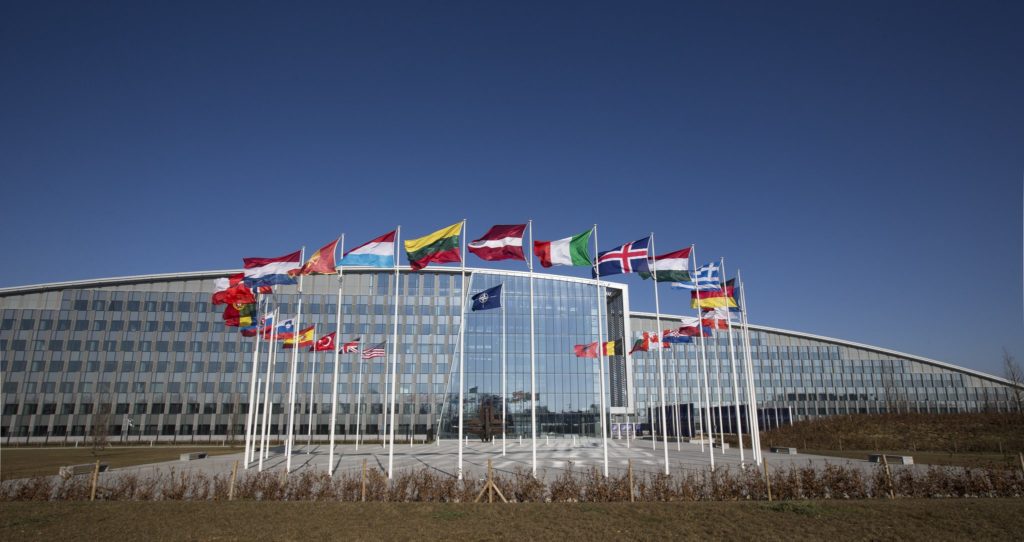We see Ukraine as Alliance member in future – NATO representative
 Read in Google News!
Read in Google News! 
NATO and all Allies are now focusing on providing practical assistance to Ukraine in its self-defense against the russian invasion, but once Ukraine wins this fight, NATO will be ready to return to the issue of its membership in the Alliance, ukrinform.net reported.
“The decision taken by the Allies in 2008 is in effect. We still see Ukraine as a NATO member in the future, and it depends on Ukraine when and how this will happen. It is clear that the main focus now is on achievements on the battlefield to liberate Ukraine from russian invaders. When Ukraine is ready, we will return to this issue. The main thing is to win this war,” an official representative of the Alliance told Ukrinform on the sidelines of the Madrid Summit.When asked about Ukraine’s place in the future system of European and Euro-Atlantic security, the NATO representative noted that the role of a stable, independent, sovereign and territorially integral Ukraine remains crucial in these issues.
“Ukraine is crucial for all European security. It is also crucial for global security. Because what russia is doing with Ukraine now, other countries like russia may try to do with other countries as well. For us in NATO, Ukraine remains a completely independent, stable, sovereign country. This, as well as its territorial integrity, are important for our security,” the official said.
He added that the progress made on the accession of Finland and Sweden to NATO yesterday clearly showed that NATO’s doors remained open.
“We are not tired of enlargement, which we sometimes hear from other organizations. Our doors are open and this will be so. We will wait and look. Now the main focus is on the government of Ukraine, which is at war, and we have to help it. When Ukraine decides to take the next step, we will be ready,” said the NATO representative.
He clarified that the program of rearmament of Ukraine with modern weapons and its shift from the “post-Soviet” style of the armed forces will take five to six years, at least this is the assessment of NATO defense experts.

